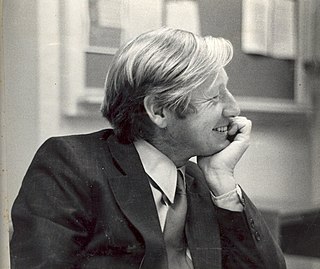A Quote by Brian Sutton-Smith
I keep trying to understand the phenomenon of why adults are so literal when children are so imaginative. Toys are a caricature of reality.
Quote Topics
Related Quotes
If there is a species which is more maltreated than children, then it must be their toys, which they handle in an incredibly off-hand manner. Toys are thus the end point in that long chain in which all the conditions of despotic high-handedness are in play which enchain beings one to another, from one species to another --cruel divinities to their sacrificial victims, from masters to slaves, from adults to children, and from children to their objects.
The new concept of the child as equal and the new integration of children into adult life has helped bring about a gradual but certain erosion of these boundaries that once separated the world of children from the word of adults, boundaries that allowed adults to treat children differently than they treated other adults because they understood that children are different.
Adamson feels that drug developers are unreasonably concerned about rare events. The reality is children tolerate phase I therapy new agents being tested to find the best dosage and possible side-effects as well as or better than adults, ... Once the initial studies are done that is, phase I trials in adults study should begin in children.
There are great parents of small children - they keep their little hair in bows - but those parents are not always good parents of young adults. As soon as their children get up to some size, it's "Shut up, sit down, you talk too much, keep your distance, I'll send you to Europe!" My mom was a terrible parent of small children but a great parent of young adults. She'd talk to me as if I had some sense.
Children have a lesson adults should learn, to not be ashamed of failing, but to get up and try again. Most of us adults are so afraid, so cautious, so 'safe,' and therefore so shrinking and rigid and afraid that it is why so many humans fail. Most middle-aged adults have resigned themselves to failure.





































